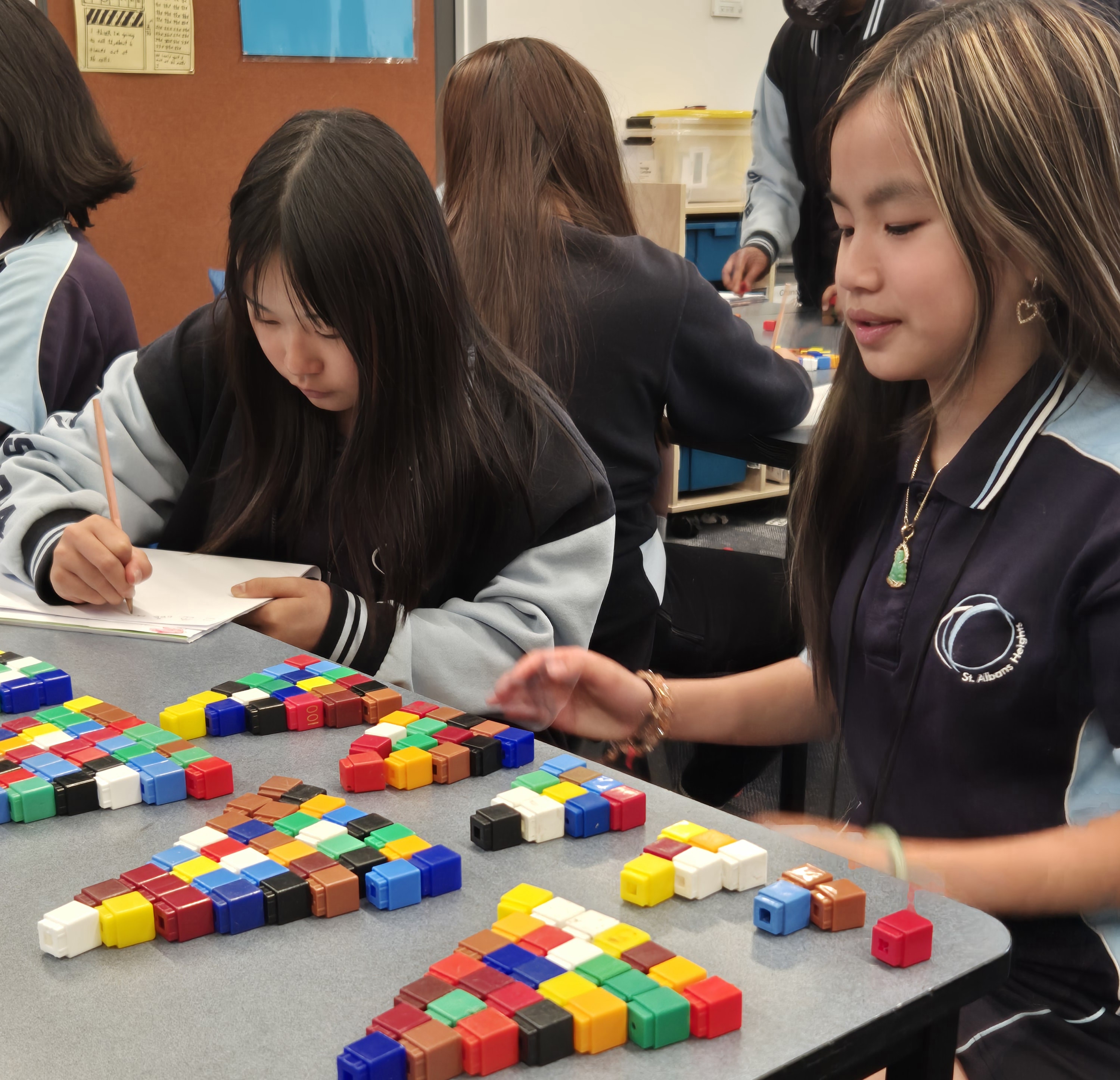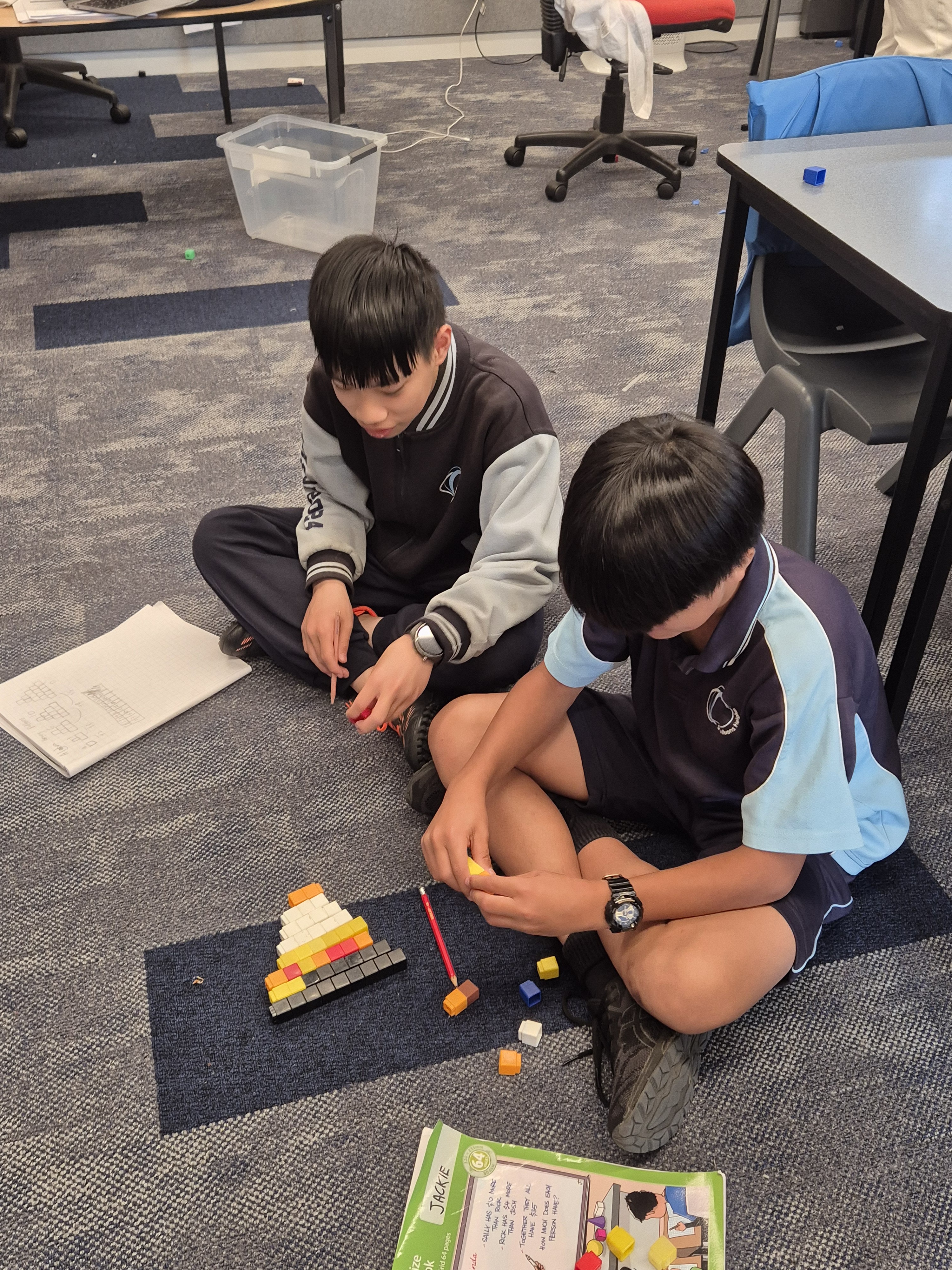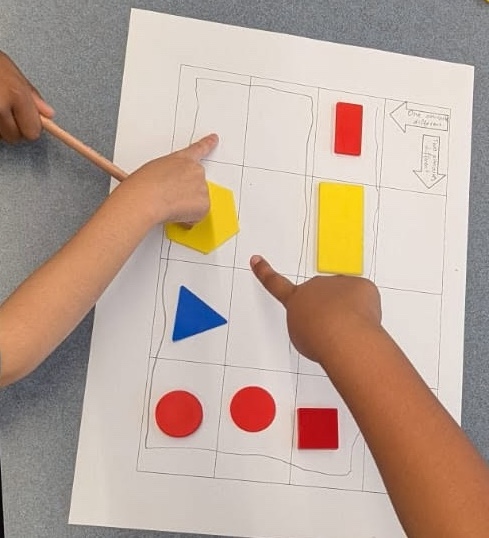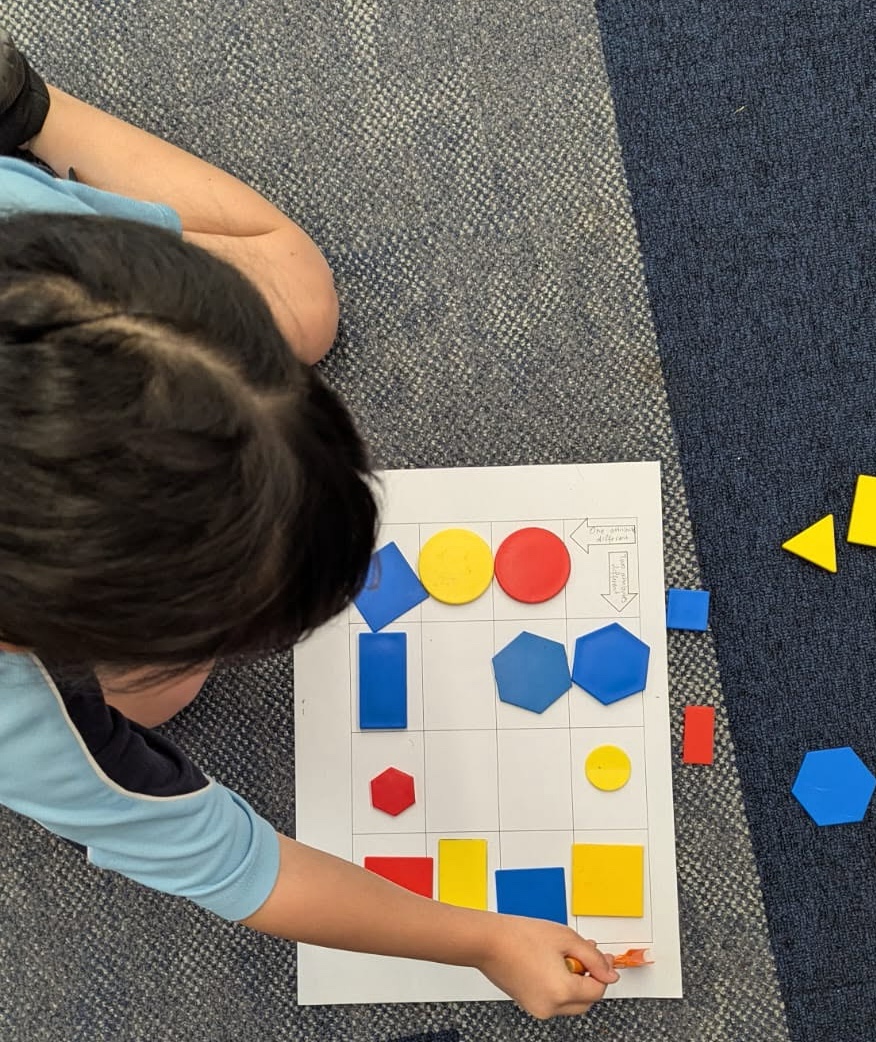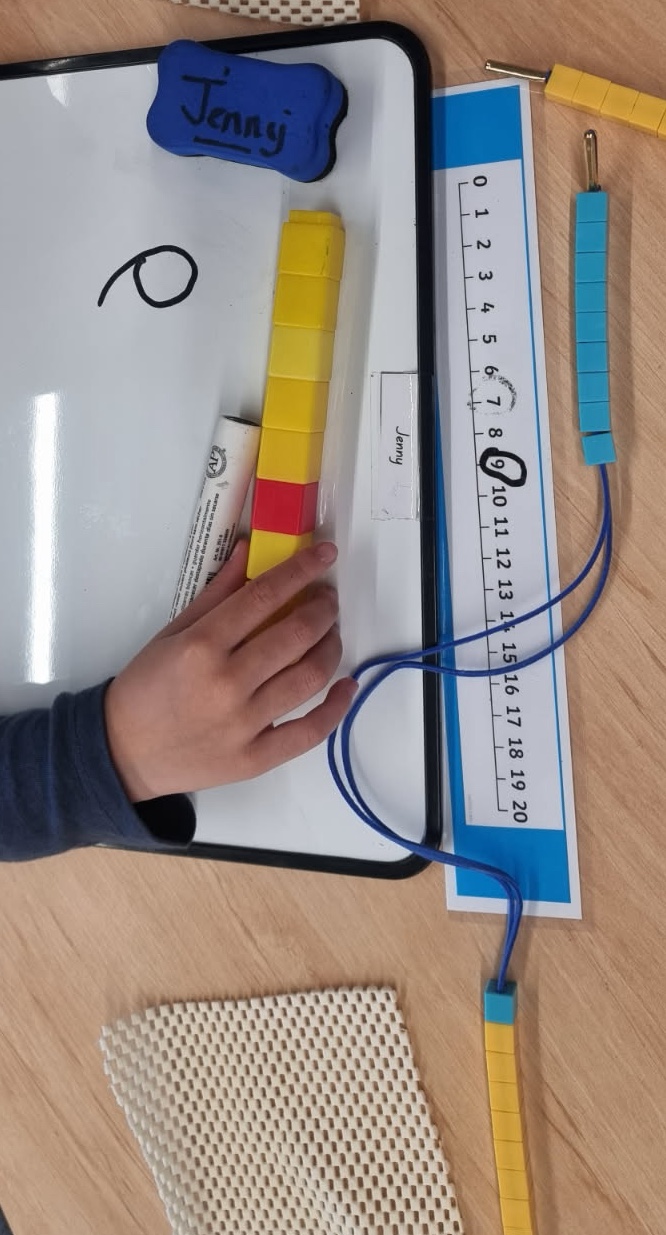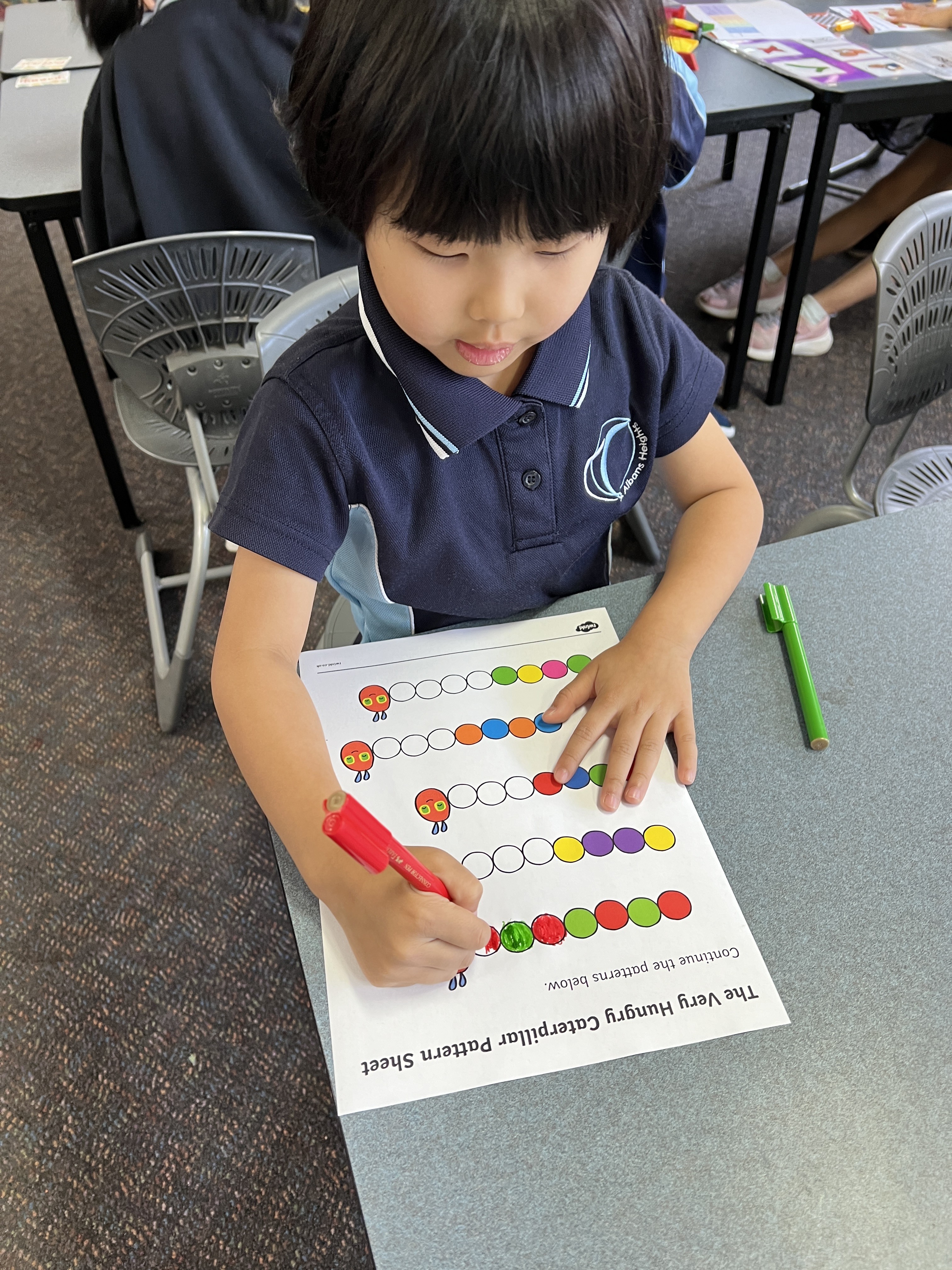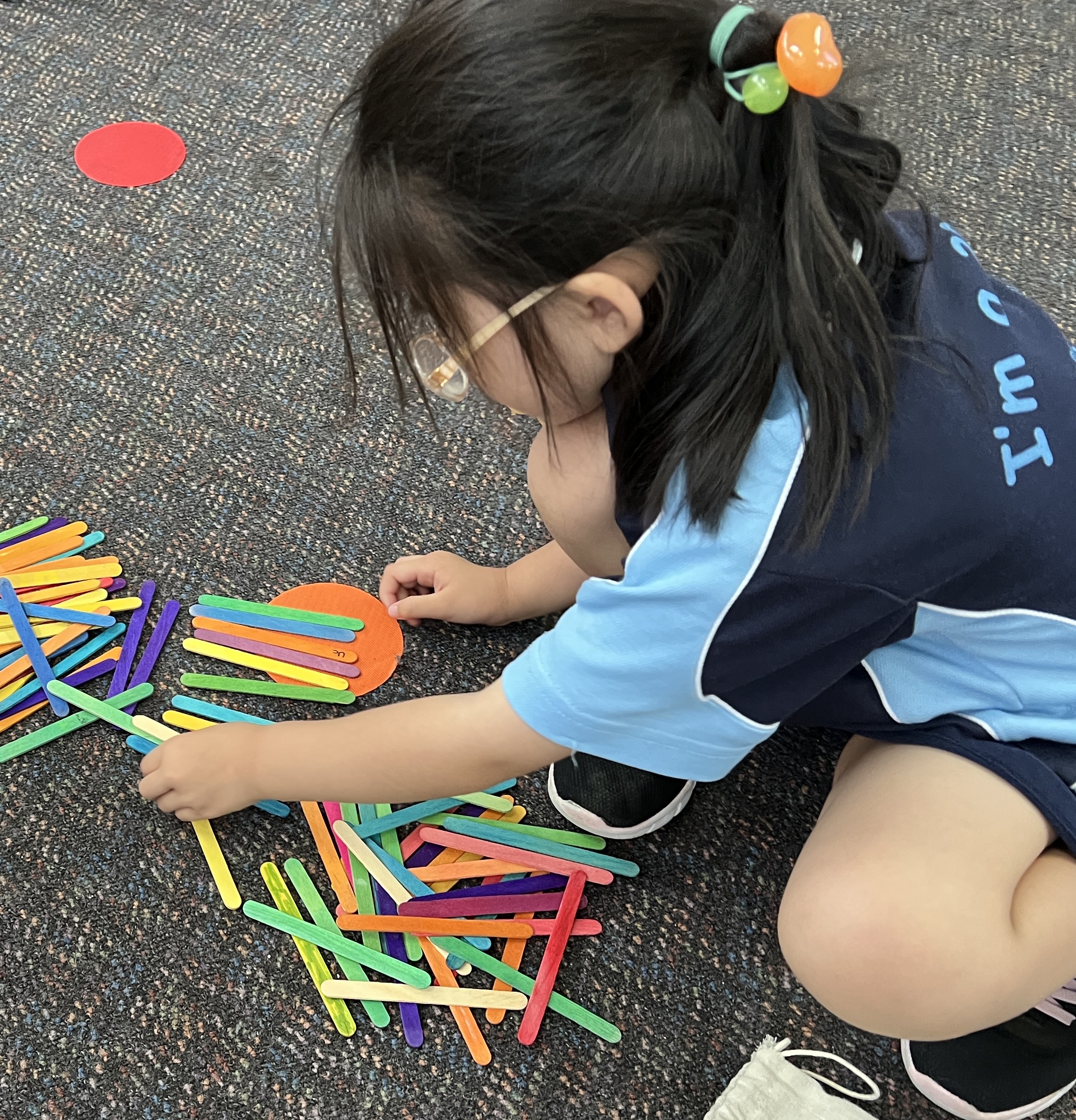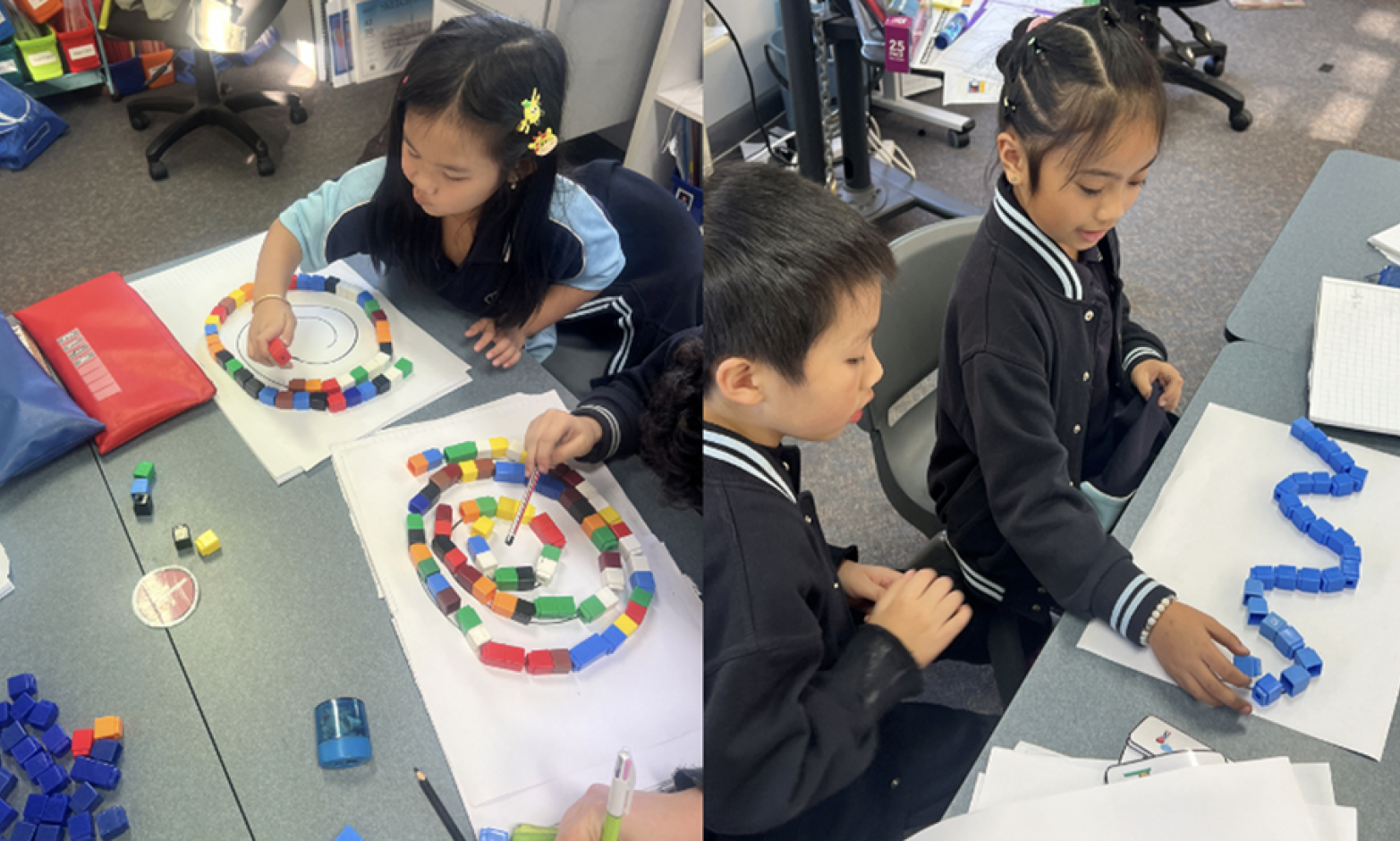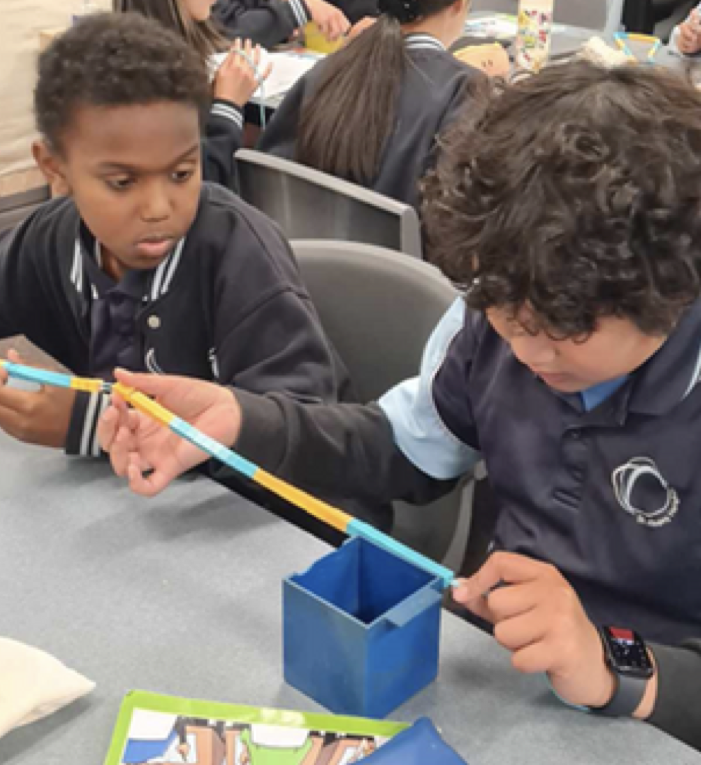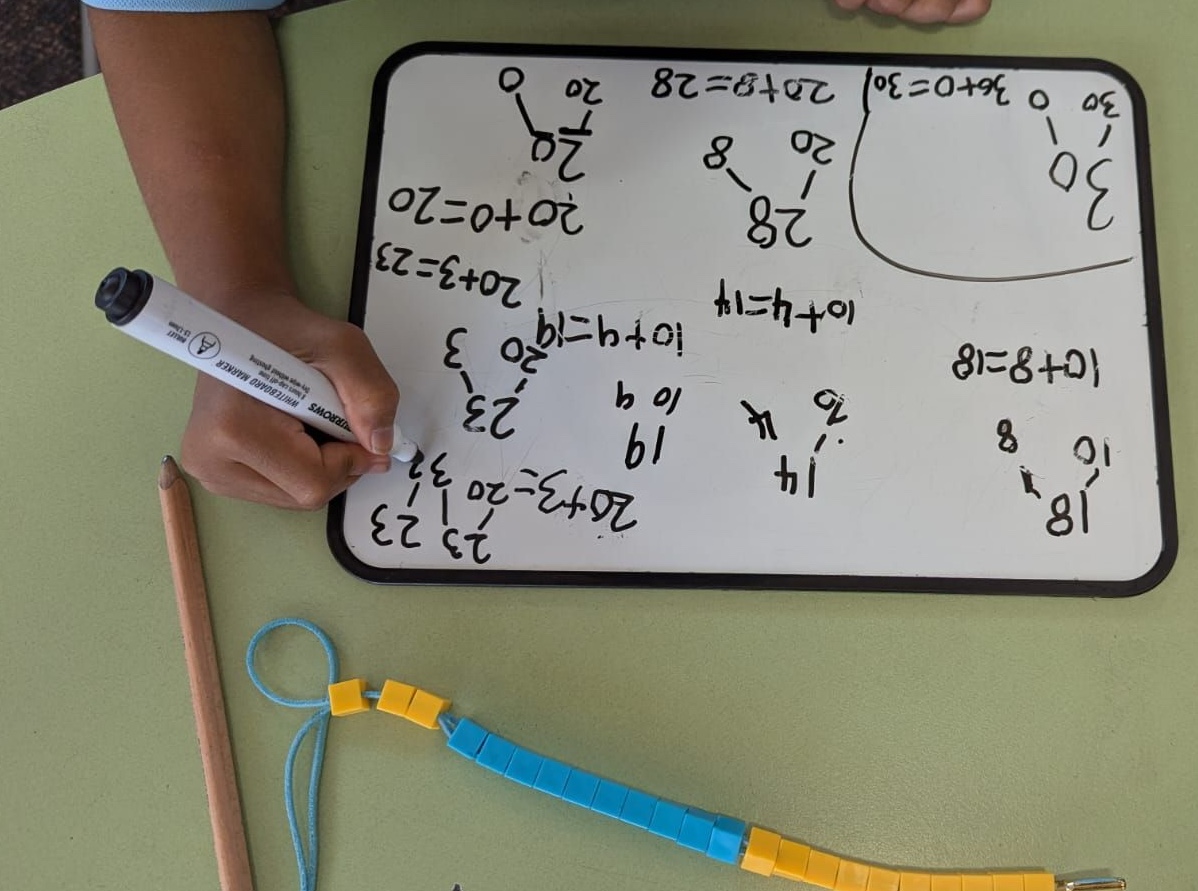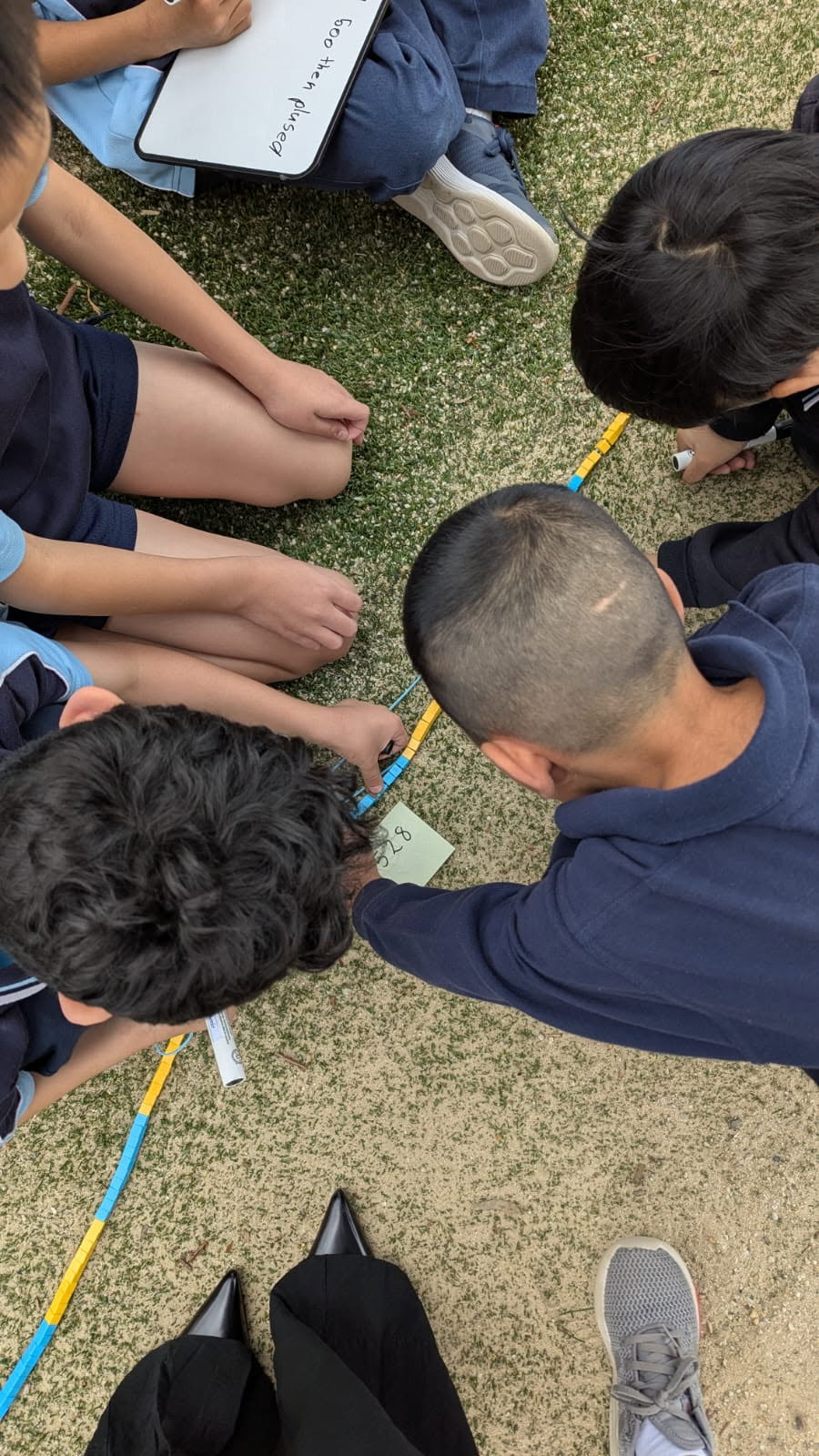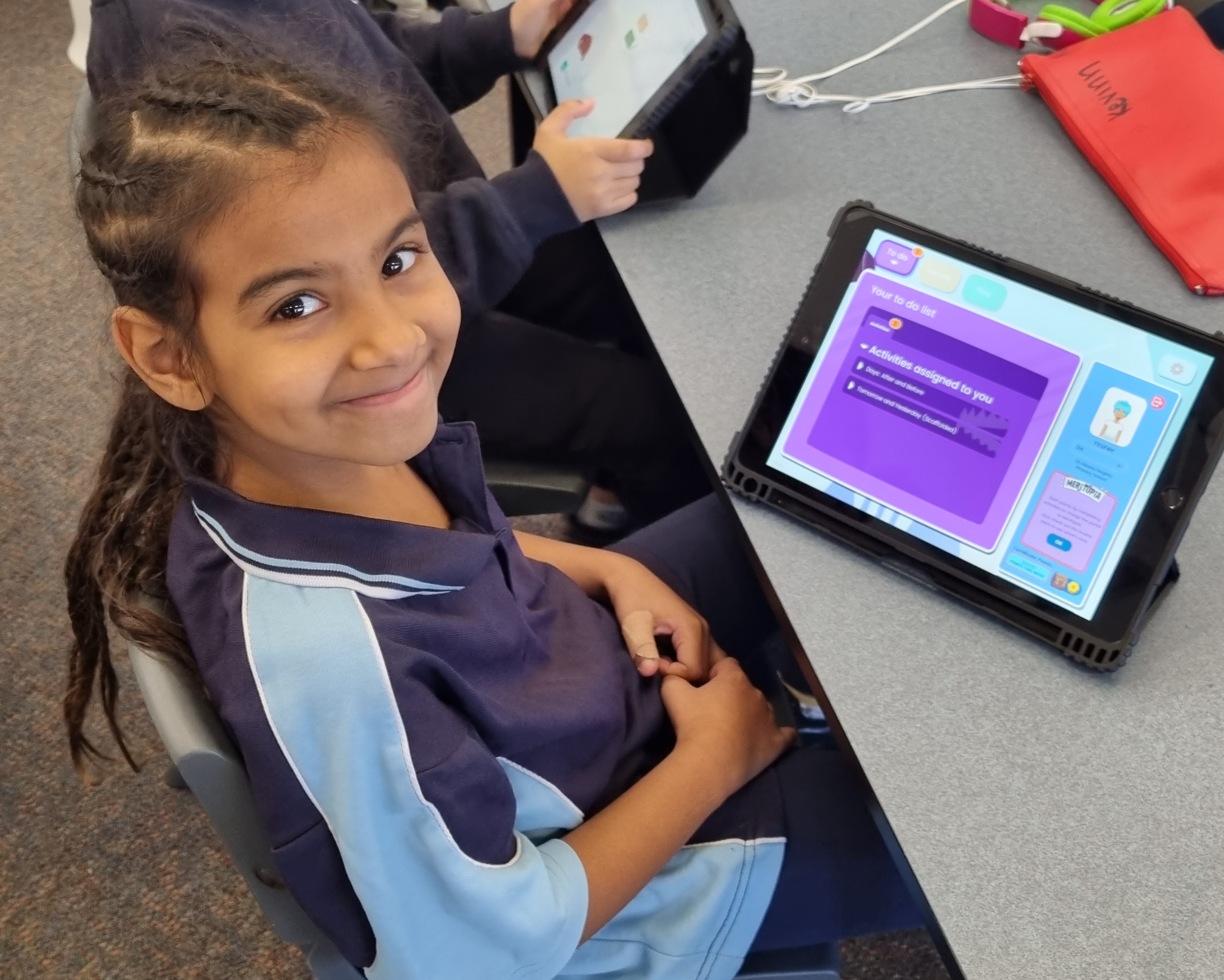Mathematics
Mathematics and Numeracy
The Mathematics curriculum is based on the Victorian Curriculum and aims to ensure that students:
- develop useful mathematical and numeracy skills for everyday life, work and as active and critical citizens in a technological world,
- see connections and apply mathematical concepts, skills and processes to pose and solve problems in mathematics and in other disciplines and contexts
- acquire specialist knowledge and skills in mathematics that provide for further study in the discipline
- appreciate mathematics as a discipline – its history, ideas, problems and applications, aesthetics and philosophy.
Teachers work in teams to plan the mathematics lessons each week. The teachers gather data and evidence to establish what the students know and can do and to check any misunderstandings and gaps in their knowledge. From this evidence, they are able to differentiate the lessons to ensure each student is being challenged enough to help them progress to the nest level of learning.
The lessons usually include a warm up activity and then specific instruction and tasks around the key areas of:
- Number and Algebra
- Measurement and Geometry
- Statistics and Probability
Formal and Informal Assessment
Our school uses the Early Years Numeracy interview to assess the students’ level of understanding in Mathematics in Foundation to Level 2 and from level 3 to level 6 our school uses ACER's PAT Testing.
A variety of other formal and informal assessment tasks support students’ progress in Foundation to level 6. Pre-tests and post-tests are given for each uint of work so teachers and the students can seen their gaps in knowledge and how much is learnt after the unit of work is completed.
Teachers provide two reports for Mathematics throughout the year; one in June and then again in December. Progression points are given based on the student's abilities.


